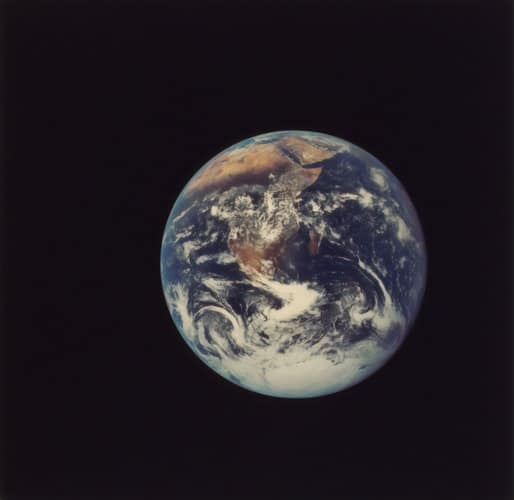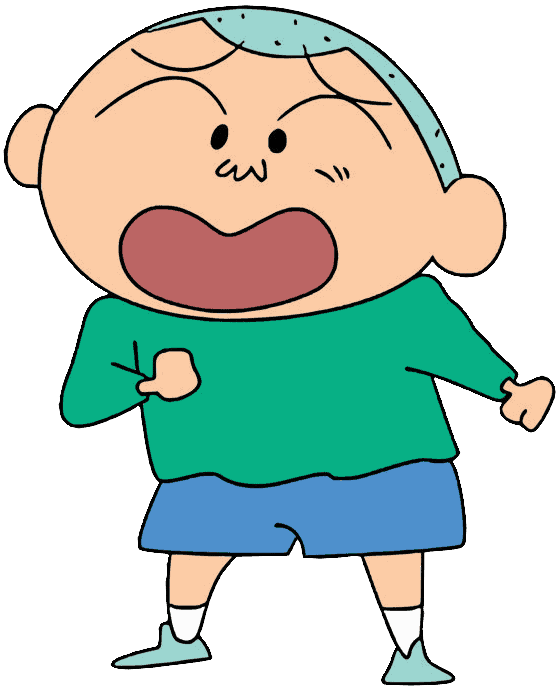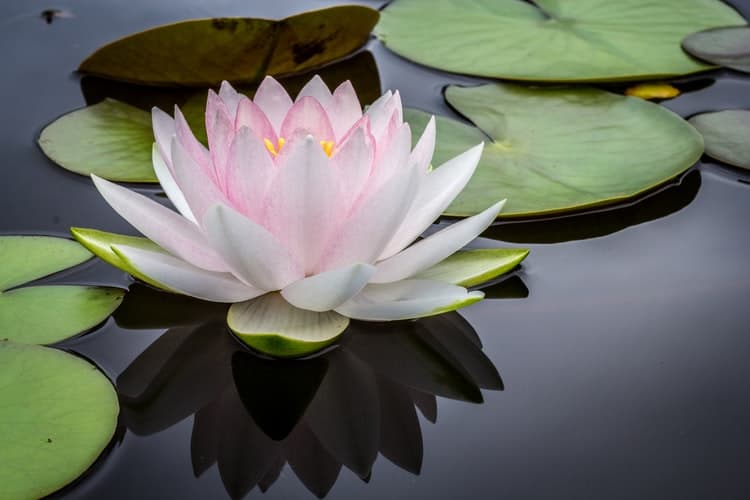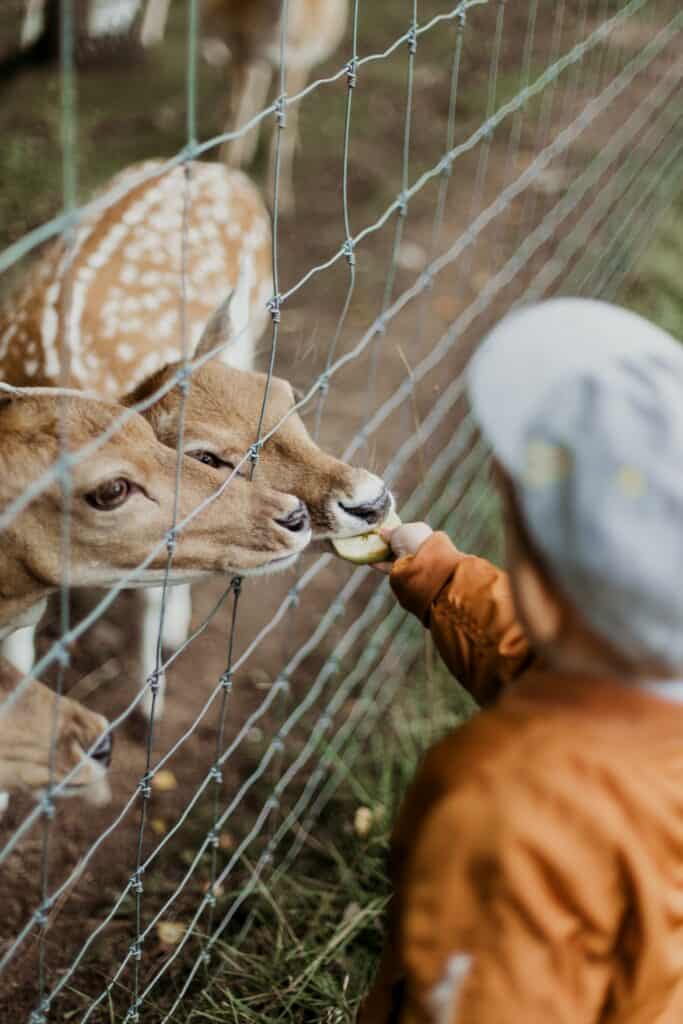While all of these names are rare for their usage alone, they also demonstrate a unique trend among Japanese naming traditions in general. Unlike languages that use letters, such as English or Spanish, Japanese includes Kanji characters. These Kanji act as letters to form a word, but each Kanji also has its own unique significance. As a result, one Japanese name can have multiple spellings and meanings while still being pronounced the same way. Read the list below to discover some rare Japanese names, their most popular Kanji spellings, and how Japanese naming conventions have shifted over the years.
- Akemi
- Emiko
- Isamu
- Tadashi
- Mami
- Kazuko
- Saburou
- Chiyo
- Masao
- Fumiko
- Hiroko
- Kiyoko
Meaning: Bright, beautiful
Gender: Feminine
Rating: 4,100 (2020)

photo source: McKayla Crump via Unsplash
As noted, the meaning of a name in Japanese can change depending on which Kanji characters the parents use to spell it. In general, Akemi means bright or beautiful, but other Kanji combinations make it mean things like “bright heart,” or “bright hope.” Despite its sweet significance, Akemi is a fairly rare Japanese name, ranking at #4,100.
Did you know
Despite its rare usage, Akemi’s 2020 rating is actually up by over 5,000 points compared to its 2019 rating.
Meaning: Beautiful blessing
Gender: Feminine
Rating: 4,633 (2020)

photo source: Christian Noelle via Unsplash
The most popular combinations for Emiko include “blessing,” beauty,” and “girl child.” It is one of a series of Japanese names ending in -ko, meaning child, which were more popular in years past but have gone out of fashion in recent decades. In some cases, -ko was a suffix that denoted honor or some other title of respect. As a result, many women did not consider -ko an integral part of their names and omitted it when introducing themselves. In the rare instances you meet a child with a -ko ending name today, it will be included as an official part of their names.
Did you know
There are several Emikos who were/are professional athletes, including Emiko Okazaki, Emiko Kado, and Emiko Odaka.
Meaning: Courage
Gender: Masculine
Rating: 6,207 (2014)

photo source: Jean Wimmerlin via Unsplash
Like any other Japanese name, Isamu has different meanings depending on the Kanji characters. With that said, all of the popular Kanji spellings of Isamu include stereotypically masculine characteristics. Isamu bestows on its owner hopes of strength, daring, achievement, or courage. Although it is rare now, it was popular in the early twentieth century in Canada.
Did you know
Isamu was in Canada’s top 100 baby names in the early 1900s.
Meaning: Good
Gender: Masculine
Rating: 8,391 (2020)

photo source: Disney Pixar – Fair Use
Tadashi’s sweet meanings contrast with its low ranking on baby name lists. Although, the number of Tadashis has risen significantly since 2019. In 2020, it rose over 9,000 places to make it to its current spot. Depending on the Kanji character used, Tadashi means “is good,” “is sincere,” or “is righteousness.” If Tadashi’s upward trend continues, it may no longer belong on this list.
Did you know
The name Tadashi was ranked at 6,119 in 2015, the year after the release of “Big Hero Six,” a popular Pixar film with a beloved character named Tadashi. It dropped in 2016.

photo source: Picsea via Unsplash
Unlike some of the other names on this list, Mami does not have one general meaning. Instead, the Kanji combinations lead to several meanings that include terms like “love,” “see,” and even “ten thousand.” This might be due to Mami’s unisex status, which means that traditionally masculine or feminine attributes are not as applicable with this name.
Did you know
Mami ranks at 9,805 (2018) as a masculne name.
Meaning: Child of peace
Gender: Feminine
Rating: 16,529 (2011)

photo source: Christian Wiediger via Unsplash
Kazuko tends to use Kanji characters that give it the meaning “child of peace” or “child of harmony.” Since it ends with a -ko, Kazuko is a rare name in the modern era. Parents now favor Kazumi, which usually means “beautiful peace” and can be used for boys and girls.
Did you know
Other Kanji combinations make Kazuko mean “ancient” or “ten thousand.”
Meaning: Third son
Gender: Masculine
Rating: 16,890 (2012)

photo source: Jordan Whitt via Unsplash
Saburou, also spelled Saburo, is one of the most literal names listed here as it generally denotes birth order rather than some ethereal qualities. With that said, parents can include characteristics in the Kanji combination like “cheerfulness” or “ferocious,” but the name always includes the number three.
Did you know
While the Japanese car brand Subaru sounds similar to this name, it actually comes from the Japanese word meaning “to govern” or “gather together.”
Meaning: Thousand generation or world
Gender: Masculine
Rating: 17,334 (2016)

photo source: New York Public Library via Unsplash
Chiyo is traditionally a girl’s name that generally means “thousand generations” or “thousand world,” depending on the Kanji characters. Other combinations can be “smart world” or “thousand sun.” Famous Chiyos include Chiyo Okumura, a Japanese songwriter and model who rose in popularity in the 1960s.
Did you know
Chiyo was quite popular as a name in the United States in the 1920s, but dropped off at the end of the decade.
Meaning: Superior man
Gender: Masculine
Rating: 20,362 (2018)

photo source: One Peace Books
Masao is a masculine-sounding name with many of its Kanji conjugations including the character for man in addition to an adjective about strength or bravery. In even rarer cases, it’s been used for girls as well, but there are few existing options for Kanji combinations when Masao is unisex. As with other names on this list, Masao reached peak popularity in the United States during the early twentieth century. This is probably due to an influx of Japanese immigrants arriving to the United States between 1886 and 1911.
Did you know
Masao Sato is a popular character from “Crayon Shin-chan,” a manga, film and television series.
Meaning: Beautiful girl
Gender: Feminine
Rating: 20,521 (2017)

photo source: Jay Castor via Unsplash
In a broad sense, Fumiko translates to “beautiful girl child,” but, specifically, the characters that convey beauty also mean “pearl” or “lotus.” In ancient Japanese culture, religious followers would offer the pearl as a gift to the gods. The lotus represents purity, beauty and strength. Fumiko is another example of a girl name that has lessened in popularity due to the -ko ending. Nowadays, -ka and -na endings are more popular for feminine names.
Did you know
Only two names ending in -ko have made onto recent top 100 lists for girl names.
Meaning: Fine child
Gender: Feminine
Rating: 22,645 (2018)

photo source: Leo Rivas via Unsplash
Like other names ending in -ko, Hiroko combines the word “child” (-ko) with some other quality. In some cases, it means “open” or “fine” child. One of the more well known Hirokos is voice actress Hiroko Emori, who was born in 1961. She has worked on several productions of “Dragon Ball Z.”
Did you know
Haruka and Hanoka, two similar sounding names, have replaced Hiroko in popularity because modern parents prefer the “-ka” ending.
Meaning: Pure child
Gender: Feminine
Rating: 20,725 (2019)

photo source: Daiga Ellaby via Unsplash
Kiyoko is the rarest name on this list. It roughly translates to “pure child,” but can have different meanings depending on which Kanji characters parents choose. Some other, similar meanings include “clean child” or “heart child.” Since Kiyoko is another -ko trend name, it’s quite rare for babies nowadays, but people named Kiyoko today were probably born between the 1940s and 1970s. The name had its high point in the 1920s.
Did you know
There is a more popular, similar sounding name, Kyoko, which means mirror and ranks #10,179 on baby name charts












